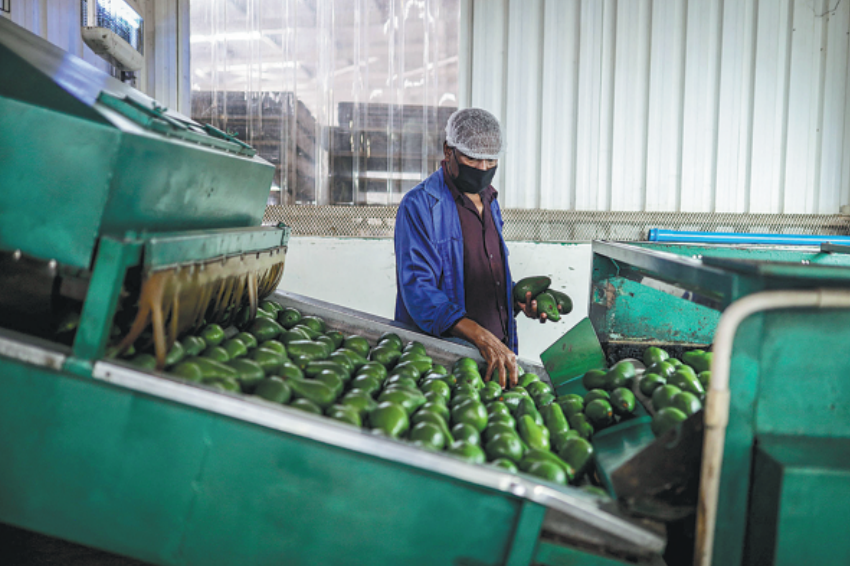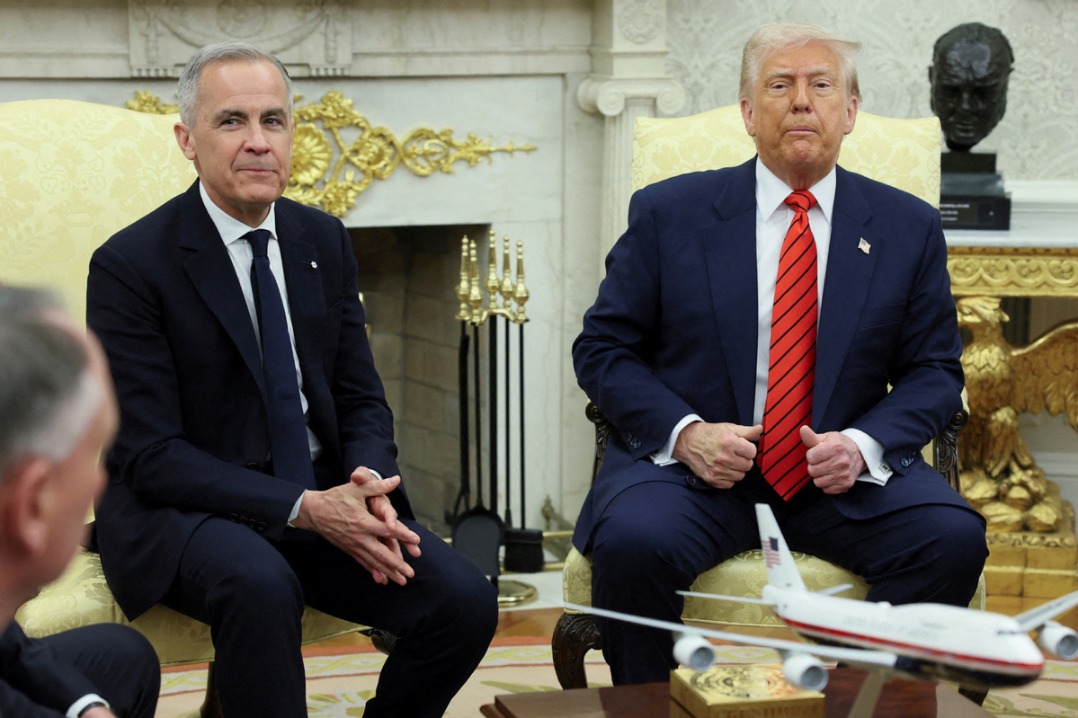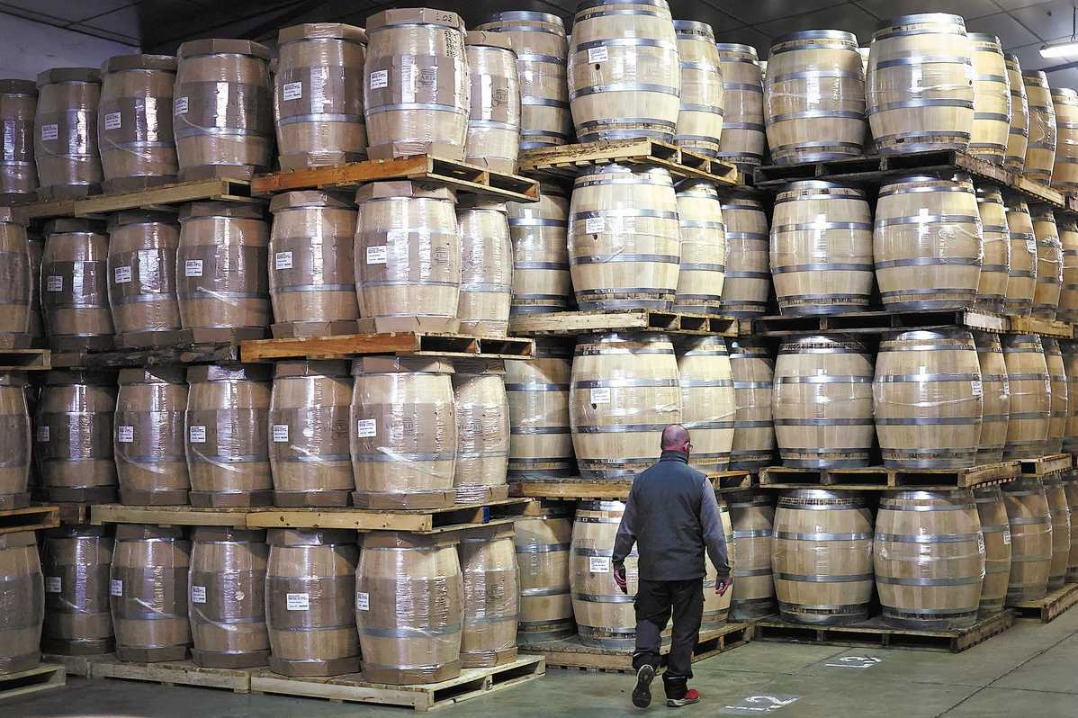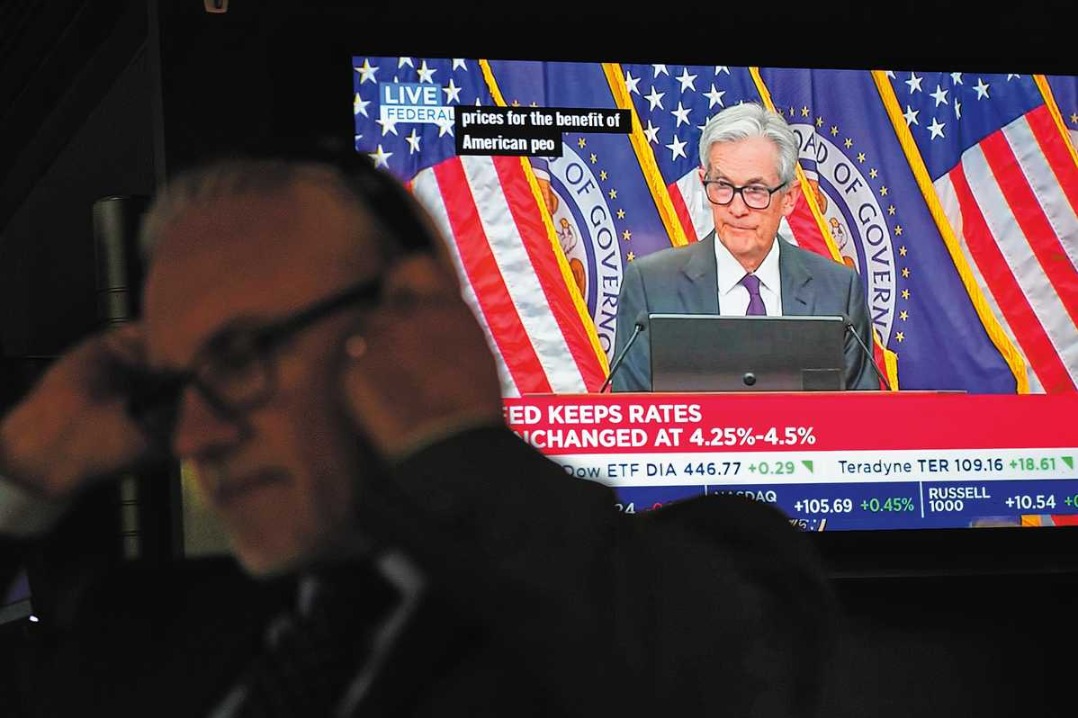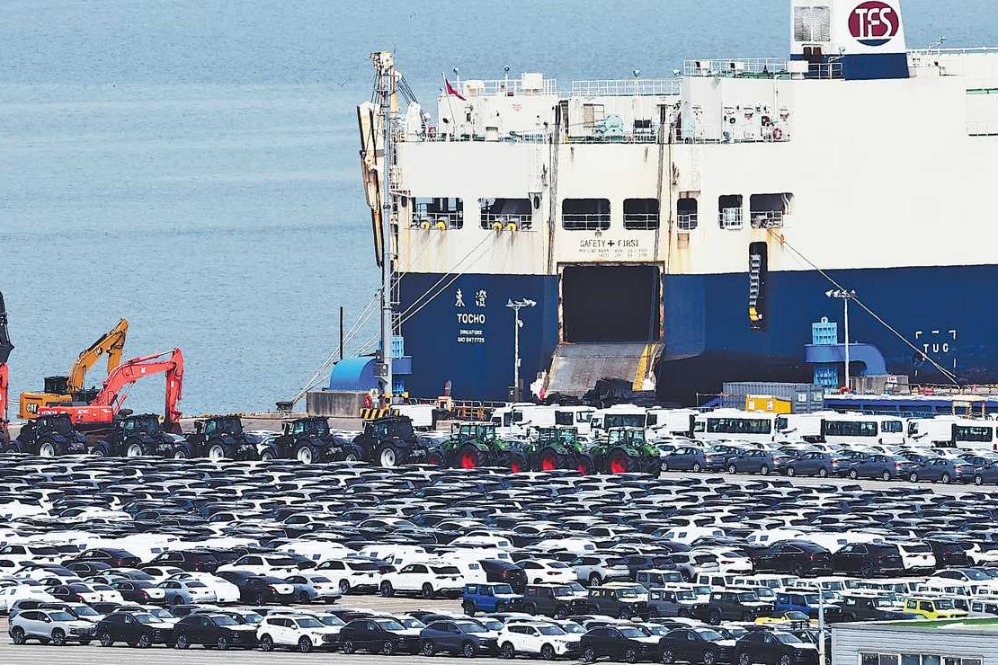Tariffs on Canada termed political pressure

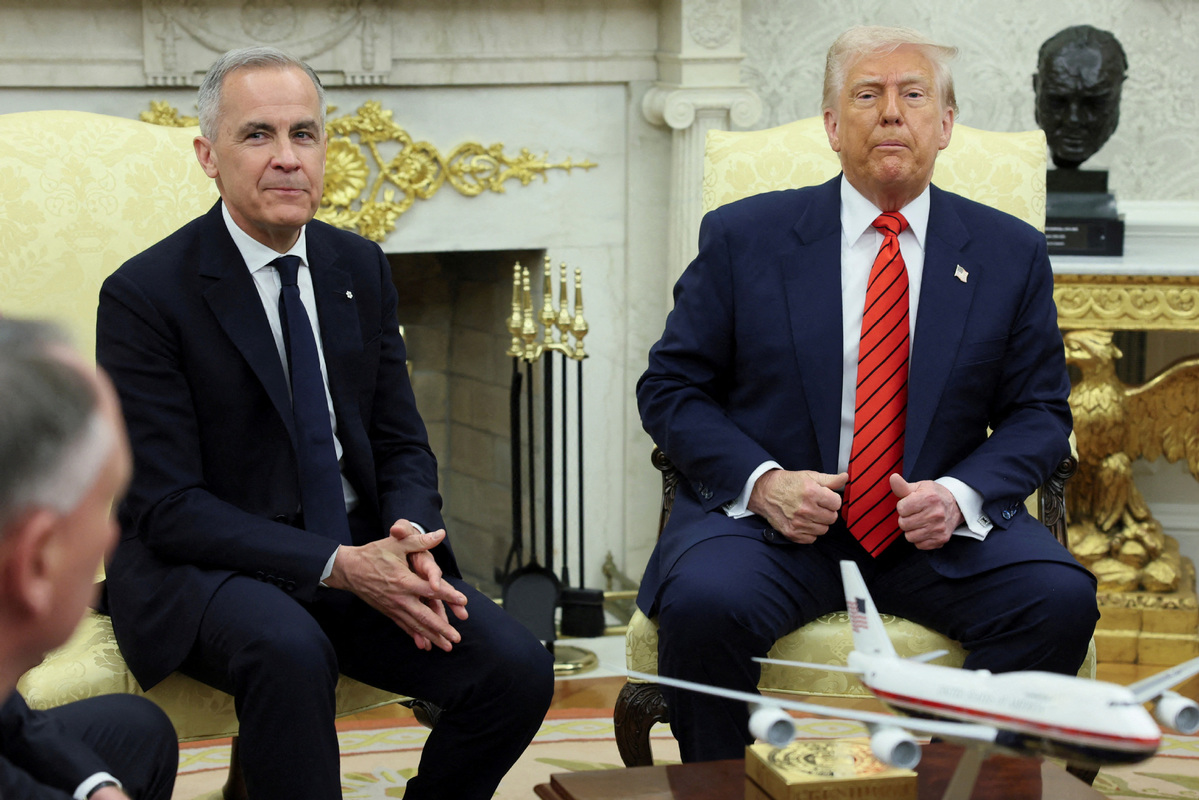
With no deal by the Aug 1 deadline, US President Donald Trump signed an executive order raising tariffs on Canadian goods from 25 to 35 percent — a move experts view as political pressure.
The White House confirmed that goods under the Canada-US-Mexico agreement on free trade will remain exempt from higher tariffs.
Ron Stagg, a history professor at Toronto Metropolitan University specializing in Canada-US relations, said Trump's 35 percent tariff on Canadian goods is likely a tactical opening move — not a final demand.
"President Trump has said he takes strong positions in bargaining in order to win the maximum concessions," Stagg said. "It is my belief that he is willing to accept a lower rate of tariffs if he gets major concessions from Canada."
The higher-than-expected rate announced last week did not surprise Stagg. "I am sure that the Canadian government understands this method of bargaining, since they continue negotiations past Aug 1," he said.
Despite earlier remarks by Canadian Prime Minister Mark Carney expressing openness to dialogue, talks have failed to yield an agreement. Stagg said the lack of progress reflects political constraints on both sides.
"Certainly the prime minister could not accept 35 percent, even though it applies to only around 10 percent of exports to the United States," he said, noting that most Canadian exports remain covered under the Canada-United States-Mexico Agreement, or CUSMA.
In a joint statement issued on Friday, the Ontario Chamber of Commerce and the Michigan Chamber of Commerce voiced concern over the failure to reach a trade resolution and the imposition of increased tariffs on Canadian goods not covered by CUSMA.
"Our supply chains are inextricably linked, making the impact of trade uncertainty profound for businesses, workers, investors, and communities," the statement said.
The chambers noted that "businesses do not need new barriers; they need clarity and confidence," and urged both governments to resume talks immediately and proceed with a structured review of CUSMA.
"He (Carney) is under pressure from all sides — business, politicians and the public — to take a stand," Stagg said.
Carney criticized the US justification for raising the tariffs. "Canada accounts for only 1 percent of US fentanyl imports and has been working intensively to further reduce these volumes," Carney said in a statement on Friday. "While the Canadian government is disappointed by this action, we remain committed to CUSMA."
Still, Stagg said he believes the deal remains possible. "A trade agreement could still be negotiated."
'Stand our ground'
Ontario Premier Doug Ford called for further retaliation, and said this is not the time to "roll over".
"Canada shouldn't settle for anything less than the right deal. Now is not the time to roll over. We need to stand our ground," Ford said in a statement released on social media on Thursday.
"The federal government needs to hit back with a 50 percent tariff on US steel and aluminum," he said.
Nova Scotia Premier Tim Houston also indicated his province is considering retaliatory measures of its own.
"Our government will continue its part to support our province and the rest of Canada. Make no mistake: at the provincial level, we will not hesitate to implement retaliatory measures again if they are needed," Houston said in a statement on Aug 1.
On the question of retaliation, Stagg said the Canadian government has options but will move cautiously.
Responding to Carney's recent comment that "Canada will be its own best customer", Stagg said the statement likely reflects a dual strategy: cultivating new markets while boosting domestic capacity.
"Canada is already looking at closer trade ties with Europe and Asia, but it is also looking at how it can produce more of the goods sourced in the US within Canada," he said.
The 35 percent US tariff on Canadian goods is less about trade and more about political leverage, said Vivek Astvansh, associate professor of quantitative marketing and analytics at McGill University.
"The US administration wants the Canadian administration to cede to its demands and preferences," he said, listing issues such as "fentanyl entry, illegal immigration, or tariffs Canada imposes on goods and services imported from the United States".
Astvansh said the sharp increase was deliberate. "Thirty-five percent as opposed to 15 or 20 percent suggests a punitive response," he said, noting that even signed deals may not hold in today's political climate.
















